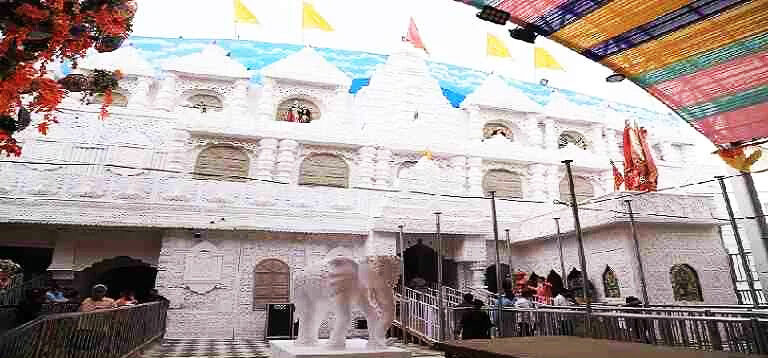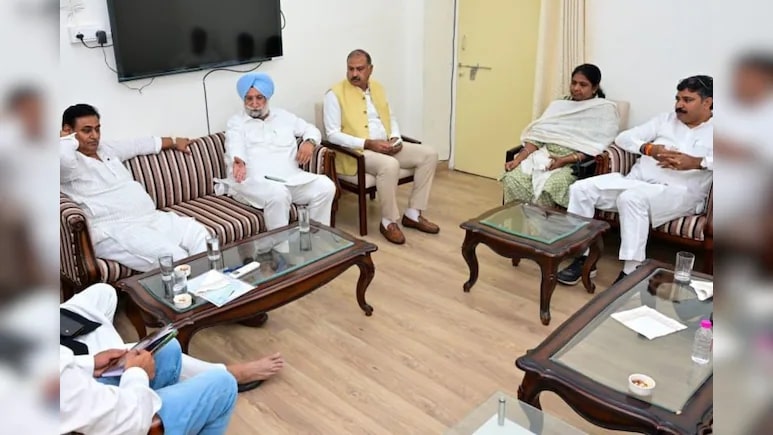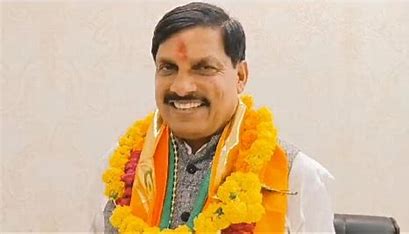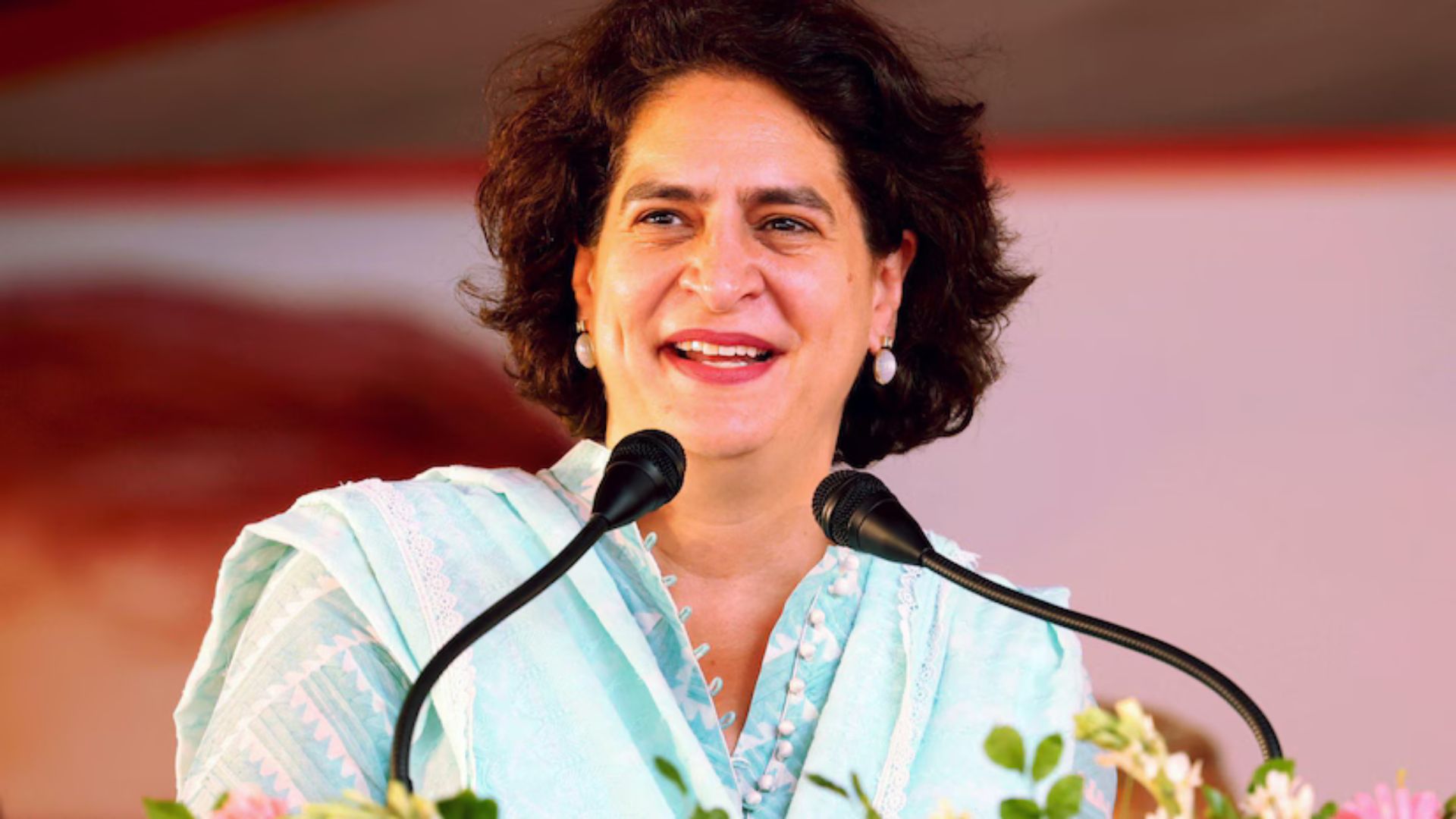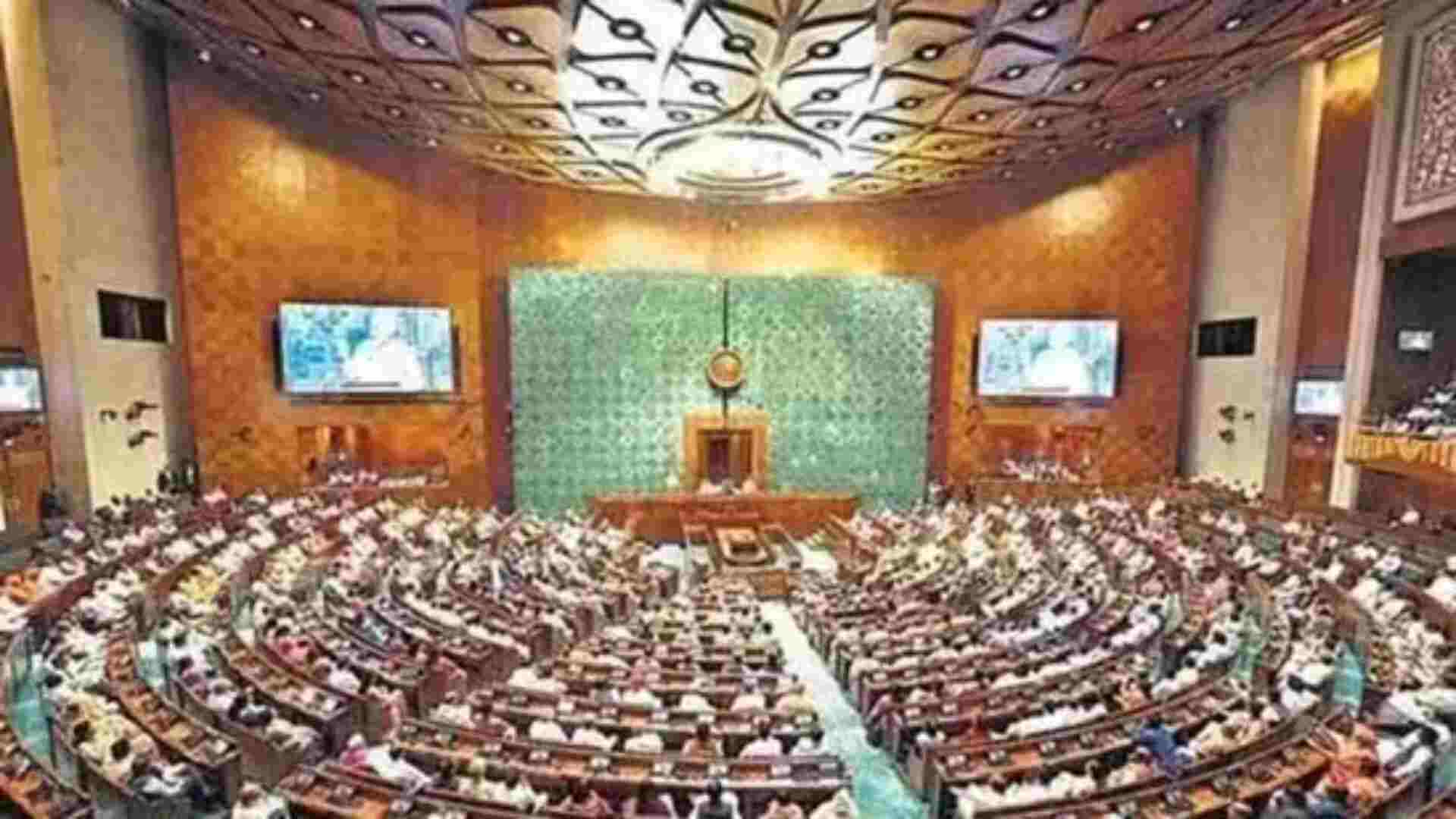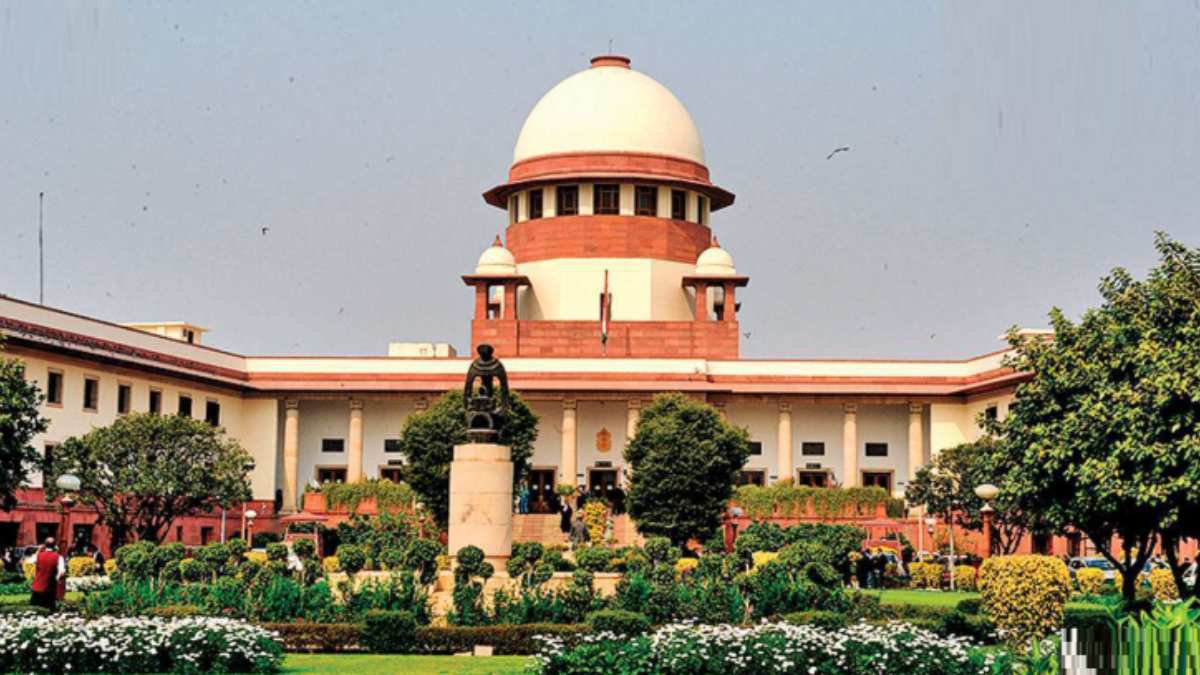
The Supreme Court of India in its landmark judgment Peoples Union for Civil Liberties v. State of Maharashtra [(2014) 10 SCC 635] observed that this “encounter” philosophy is a criminal philosophy,
One of the characteristic features of modern NationStates is the monopoly over the power of coercion-namely through instruments of police and the army. These instruments are envisaged to uphold state sovereignty, ensure rule of law and in general to maintain law and order both within and outside the nation.
However, what if these very instruments are used for sinister ends, for political gains. What happens then? .Do we have recourse to something that protects our liberties and ensures that Rule of Law doesn’t wither in extreme and strenuous situations, like demand for instant but illegal and immoral justice. (The case in Telangana and Uttar Pradesh)
This article without going into the procedural aspects and legal provisions aim to gather a perspective on why Extra-Judicial killings in the Indian context are increasingly finding Legitimacy in the eyes of the people. How it augers for a country like India that takes pride in calling itself the world’s largest democracy governed by Rule of Law.
The rule of law has rightly been accorded space in the Basic Structure Doctrine by the Supreme Court. Rule of law is the fundamental principle of governance of any civilized liberal democracy. It is the Anti-Thesis of Arbitrariness. The fundamental premise of Rule of Law is that every human being, including terrorists and the worst criminal, are entitled to basic human rights and Due Process.
The first and foremost question that comes, therefore, in mind is why Encounters are illegal or Extra-Judicial. Article 21 of the Constitution states that “No person can be deprived of his/her life and liberty except by procedure established by law”. Hence, a nation governed by rule of law must operate within the boundaries prescribed the law of the land, and no law in India prescribes Encounters as a form of Justice. This means that a fair criminal trial, judgment based on evidence, an opportunity to the accused be heard, appeal provisions to rectify the trial court’s verdict, etc. are necessary before a person is punished. Fake or staged encounters empower the police to play the role of a judge and executioner and leads to a direct violation of Article 21 as the procedure established by law is not followed in such a case. They are outside the four walls of law, and therefore extra-judicial.
The basic reason for the rising cases of encounters are first, a slow-moving and inefficient criminal justice system, Secondly-the police which is still governed by archaic law of colonial past, a lack of democratic sensibilities among the police in our country, Thirdly-Bulwarks of democracy like National Human Rights Commission and Constitutional Courts not taking a stand on such issues and the last and maybe chief reason –Rising legitimacy being provided to such actions by populist cries for an instant but illegal justice.
Snail’s pace of our Criminal Justice System
There is no denying the fact that our Criminal Justice System is in urgent need of reform in its entire entirety. The criminal justice system involves Investigation, Prosecution, and then finally adjudication by the courts. One cannot by-pass process for the sake of populist pressure or cries for an instant but illegal justice by the public. There have several such attempts in the past like the IPC 1860, CODE OF CRIMINAL PROCEDURE 1973, and the INDIAN EVIDENCE ACT that dates back to 1872. However, comprehensive legal reform requires careful consideration and a great deal of deliberation.
In 2003, the JUSTICE MALIMATH committee had come up with some significant far-reaching reforms; some of the suggestions became part of the criminal law. JUSTICE VERMA committee came up with significant reforms on crimes related to women.
The death penalty is also one of the areas that need to be looked into as far as the criminal justice system is concerned. Justice Kurian Joseph stated, “Death Penalty is freakishly imposed”. The doctrine of “Rarest of the rare case” has been arbitrarily and inconsistently used. The SC in Bachan Singh Case (1980) had upheld capital punishment but with a rider that it should be used only in rarest of the rare case. The Law Commission 262nd report has also held that the rider of “rarest of the rare” has failed to prevent the judges from arbitrarily sending a guilty to the hangman.
Therefore, what we need careful deliberation with all stakeholders like the Bar and Bench, Police, and common citizens to reform our criminal justice
Police: Governed by Archaic law, a remnant of colonial past
The police in India is generally viewed as an agent of coercion, which does not auger well for any country, let alone a democracy governed by rule of law. It can become an agent of change with well-intentioned and robustly implemented reforms. The problem in the Indian context is that Police in India don’t view brutality as abhorrent to citizen’s liberties and rights. To them, it is part of the game. A little brutality to them does not harm, not realizing it creates a culture of impunity and violation of liberties of the citizens by the state. As Professor Rajeev Bhargava in his article “Police Terror and the Threat of Law (The Hindu) said correctly-”That local policemen think of themselves as sovereigns in their little territory, executors of “laws, they invent on the go.”
The Law Commission in its 273rd Report has recommended that burden lies on the police to show they are not involved when someone dies in police custody. Numerous expert bodies like the National Police Commission (1977-81), Ribeiro Committee (1998), Malimath Committee (2002-2003), and Second Administrative Reforms Commission (2007) have made genuine, well-intentioned recommendations for police reforms but not to much avail. These need to be implemented. It is a sorry state of affairs that it took 11 years for Tamil Nadu to pass a law to give effect to the judgment in Prakash Singh Case (2006) and that several states still stand in contempt of SC, is a manifestation of the absence of political will for such reforms. There is no questioning the fact that “Covenants without the sword are nothing but words”
(Thomas Hobbes In Leviathan”), enforcement of law requires the use of force. However, rule of law requires constraints on excesses, deployment of force must be consistent with the dignity of the citizen, guaranteed Under Article 21. The police need to uphold professionalism, clean its ranks of the corrupt and the inefficient and liberate the state.
Bulwarks of Democracy Constitutional Courts and the National Human Rights Commission not taking a stand
According to the NHRC’s last Annual Report, 2017- 18, 164 deaths were resulting from police encounters that year. If the NHRC has to shed its “Toothless Tiger” tag (Former Chief justice of India HL DATTU while presiding over the institution had remarked that it is a “toothless tiger’), the time is now. Human Rights are not gifts from the state to be governed by its conveniences. These are sacrosanct and foundations of dignified human existence. Any violation of human rights, even that of a heinous crime or innocent citizens needs to be protected.
While Constitutional courts have tried to protect our very basic rights under article 21, yet here we are, again, where it is reported that daily 5 deaths take place in custody in India. It is no doubt a product of continued institutional apathy towards police reform, it also evident that the judiciary’s approach of only passing directions/ guidelines have proved to be a failure. More often than they are implemented in letter, than in spirit. Often implemented at discretion and conveniences of the government in question. This can be seen in various guidelines of the Constitutional Courts.
In PUCL V/S State of Maharashtra (2014) a two-Judge Bench of then CJI RM Lodha and Justice Rohinton Fali Nariman (2014) stated that Is a society governed by rule of law, extra-judicial killings must be properly and independently investigated so that justice may be done. The Supreme Court in Public Union for Civil Liberties v. Union of India, while commenting on the legitimacy of encounters, observed as follows –
“if the version of the police with respect to the incident in question were true there could have been no question of any interference by Court. Nobody can say that the police should wait till they are shot at. It is for the force on the spot to decide when to act, how to act, and where to act. It is not for the Court to say how the criminals should be fought.
Article 21 of the Constitution of India guarantees, “right to live with human dignity”. Any violation of human rights is viewed seriously by this Court, as a right to life is the most precious right guaranteed by Article 21 of the Constitution. The guarantee by Article 21 is available to every person and even the State has no authority to violate that right … …
this Court has stated time and again that Article 21 confers sacred and cherished right under the Constitution, which cannot be violated, except according to the procedure established by law. Article 21 guarantees personal liberty to every single person in the country which includes the right to live with human dignity.”
The Bench issued a set of 16-point guidelines to be followed for a thorough, effective, and independent investigation into every encounter death.
Apart from making registration of FIR mandatory, the Bench made it clear that the involvement of NHRC is not necessary unless there is serious doubt about the independent and impartial investigation, although information of the incident without any delay must be sent to NHRC or the State Human Rights Commission, as the case may be. Point No. 11 says that if on the conclusion of an investigation, the evidence shows that death had occurred by the use of firearm amounting to an offense under the IPC, disciplinary action against such officer must be promptly initiated and he is placed under suspension. Guidelines to focus on aspects such as the role of a judicial magistrate over which it has superintendence and control.
In July 2016 in the case of Extra-Judicial Execution Victim Families Association, where the Supreme Court was dealing with more than 1500 such killings in Manipur, Justice MDAN B LOKUR observed, “Scrutiny by courts in such cases leads to complaints by the state of its having to fight militants, insurgents, criminals and terrorists with one hand tied behind its back. This is not a valid criticism, since, and this is important, in such cases it is not the encounter or the operation that is under scrutiny, but the smoking gun that is under scrutiny. There is a qualitative difference between the use of force in an operation and the use of such deadly force that is akin to using a sledgehammer to kill a fly; one is an act of self-defense, while the other is an act of retaliation”.
The Apex Court has held in Om Prakash v. State of Jharkhand that “it is not the duty of the police to kill the accused merely because he is a criminal.” It was further stated that ‘encounters’ amounted to “state-sponsored terrorism.”
In Sathyavani Ponrai v. Samuel Raj, the Supreme Court has held that a fair investigation is mandatory under Articles 14, 21, and 39 of the Constitution of India and that it is not only a constitutional right but a natural right as well. Further, in Nirmal Singh Kahlon v. the State of Punjab, the Court observed that the right to investigation and fair trial applies to both, the accused and the victim under Article 21 of the Constitution of India.
There is a reason why the judiciary is called the weakest branch, all the noble words and intentions of the court order does not automatically translate into reality. This needs money and power of immediate implementation, neither of which courts have. Constitutional courts must re-orient their guidelines to focus on aspects such as the role of a judicial magistrate over which it has superintendence.
Courts and NHRC have also shown a lenient approach towards such incidents. One must remember that in case of serious and heinous crimes, the rule of law does not disappear; it is the very foundation of democracy. Our commitment to Human Rights and the Rule of law is tested during these times. Mob justice is no justice at all; support for police killing will not make society more just. When law enforcers short circuit the due process, the damage to state institutions is severe and long lasting. It dents the credibility of Rule of Law, in effect weakens democracy.
Political Class: Satisfying Domestic Constituencies and Populist Cries For Instant Justice
Political class also needs to remember that upholding Rule of Law is not the sole responsibility of the Judiciary, as elected representatives they even have greater responsibility to cultivate a culture of obedience to Rule of Law. They are role models, to whom citizens should look up to; they should not promote the feudal culture of breaking the law, as it brings home the message of impunity. The foundational principle of the justice system is repetitively, relentlessly and ruthlessly trampled by the continuous reproduction of the narrative that ‘since the deceased was a criminal, it was alright for the police to bypass the rule of law’. Social institutions, whether it is media, films, education, or religion, have been often used to reproduce such narratives which compel the need for brave masochistic male protagonists to take law and order in their own hands to eradicate the evil criminals allegedly for the ‘greater good of society’.
Once a collective consciousness regarding demonstrative justice is manufactured, the question of actual justice is pushed into cold storage. The failure to address and fix the gaps in the criminal justice system is compensated by a socially and politically sanctioned quick fix vigilante justice system. This system of vigilante justice supersedes the rule of law and instead of bringing the wrongful actions of the police to judicial accountability, the criminal acts are often praised and the offenders are given promotions and celebrated as heroes. In cases where efforts are seen to be taken by various responsible stakeholders to raise public opinion, the question of which authority will conduct a fair investigation remains unresolved forever.
Political masters at times themselves are involved for such wrongdoing for reasons well documented by the NHRC.
What, according to the NHRC, are the reasons for fake encounters?
In NHRC’s view, false encounters are, at times, staged by police officers because there is pressure by the political masters to show quick results by means fair or foul. The public, particularly the educated middle class, also do not mind if the police take the law in their own hands and become executioners, particularly concerning the dreaded criminals, says the NHRC’s 2011 manual for human rights for police officers.
The second reason cited by the NHRC is that the police dilemma is compounded by the slow moving the criminal justice system in the country. Trials drag on interminably for years and the outcome remains uncertain, particularly in respect of the criminals enjoying money and muscle power. Hence the pressure on the police for the short cut, and extra-legal methods.
Justified by the police and political leaders on two grounds-Salus populi est suprema lex (the people’s welfare is the supreme law) and salus res publica est suprema lex (the safety of the nation is the supreme law).
Conclusion
Rule of Law is not a meaningless ritualistic legal slogan promiscuously chanted at seminars and workshops and university lectures. Rule of law is not a phrase to be used in only legal jargon; it is a way of life in modern liberal democracies. Rule of Law in essence embodies a lofty concept, a commitment to certain principles and values. It is a salutary reminder that “wherever law ends, tyranny begins” Rule of Law symbolizes the quest of civilized democratic societies. It is to be upheld by all, especially WE, THE PEOPLE. It is the very basis of a civilized society, civilized nation. In its absence, there will be complete Anarchy and Chaos, where MIGHT BECOMES RIGHT, Rule of Law will become Rule of Whims and Fancies of Rulers. It will lead to, as KAUTILYA said “MATSYANYAYA”(Big Fish Eating Small”). We must recall what the Supreme Court said in SALWA JUDUM CASE (2011) -” The primordial value is that it is the responsibility of every organ of the state to function within the four walls of constitutional responsibility. That is the ultimate Rule of Law”. The only true foundation on which the Rule of Law can rest is its willing acceptance by the people of each country until it becomes part of their way of life. Therefore, we should strive to instill the Rule of Law temperament, Rule of Law culture at home, in the schools and universities.
Aprajita Singh is Assistant Professor, School of Law, University of Petroleum and Energy Studies.

